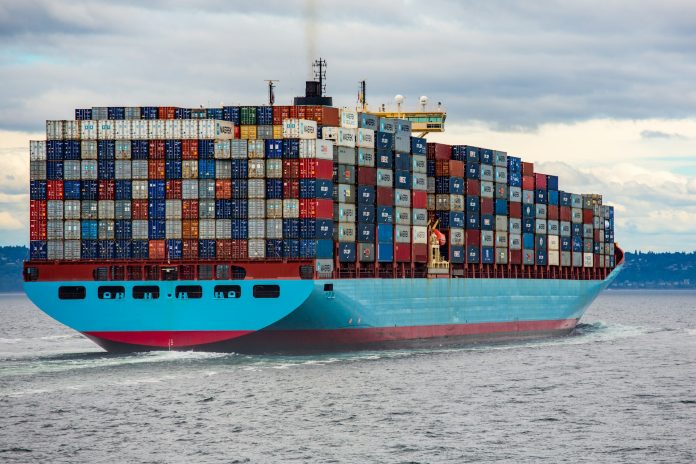Trade wars and tariffs have become prominent features of the global economic landscape in recent years, with major economies imposing tariffs on each other’s goods in an attempt to protect domestic industries and gain trade advantages. This blog will delve into the impact of trade wars and tariffs on the global economy, including their effects on economic growth, trade flows, consumer prices, and international relations. It will also explore the strategies that countries and businesses can employ to navigate through these challenging times.
1. Understanding Trade Wars and Tariffs
Trade wars occur when countries impose tariffs or other trade barriers on each other’s imports in retaliation for perceived unfair trade practices. Tariffs are taxes imposed by governments on imported goods, making them more expensive for consumers and businesses.
2. Economic Impact of Trade Wars
Trade wars can have several negative effects on the global economy:
- Reduced Economic Growth: Trade wars can lead to a slowdown in global economic growth as countries impose tariffs on each other’s goods, leading to higher prices for consumers and reduced demand for exports.
- Disruption of Global Supply Chains: Many industries rely on complex global supply chains, and trade wars can disrupt these chains, leading to higher costs for businesses and delays in production.
- Increased Consumer Prices: Tariffs on imported goods can lead to higher prices for consumers, reducing their purchasing power and potentially leading to lower overall consumer spending.
3. Impact on International Relations
Trade wars can strain diplomatic relations between countries, leading to increased tensions and potential retaliation. This can have broader geopolitical implications and impact other areas of cooperation between countries.
4. Strategies for Navigating Trade Wars and Tariffs
Countries and businesses can employ several strategies to navigate the challenges posed by trade wars and tariffs:
- Diversification of Suppliers: Businesses can reduce their dependence on a single country for supplies by diversifying their supplier base.
- Seeking Exemptions: Countries can seek exemptions from tariffs by demonstrating that their imports do not pose a threat to national security or by negotiating with trading partners.
- Engaging in Dialogue: Countries can work to resolve trade disputes through dialogue and negotiation, rather than escalating tensions through tariffs and trade barriers.
- Investing in Innovation: Businesses can invest in innovation to reduce costs and improve competitiveness, helping them navigate the challenges posed by trade wars and tariffs.
5. Long-Term Implications
Trade wars and tariffs can have long-term implications for the global economy, including:
- Shifts in Global Trade Patterns: Trade wars can lead to shifts in global trade patterns as countries seek alternative trading partners and supply chains.
- Impact on Developing Countries: Developing countries are often disproportionately affected by trade wars and tariffs, as they rely heavily on exports for economic growth.
- Changes in Consumer Behavior: Trade wars and tariffs can lead to changes in consumer behavior, as they may seek out alternative products or reduce overall consumption due to higher prices.
Inference
Trade wars and tariffs have significant effects on the global economy, including reduced economic growth, disruption of global supply chains, increased consumer prices, and strained international relations. By understanding these effects and employing strategies to navigate through these challenges, countries and businesses can mitigate the impact of trade wars and tariffs and continue to thrive in the global economy.























